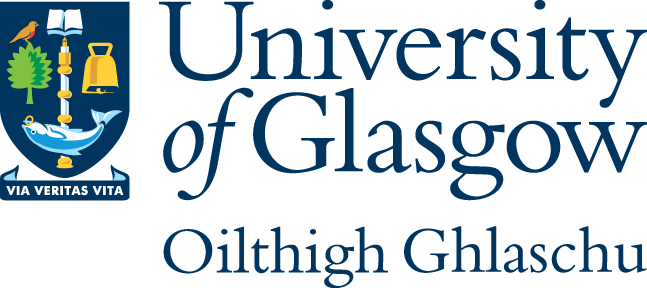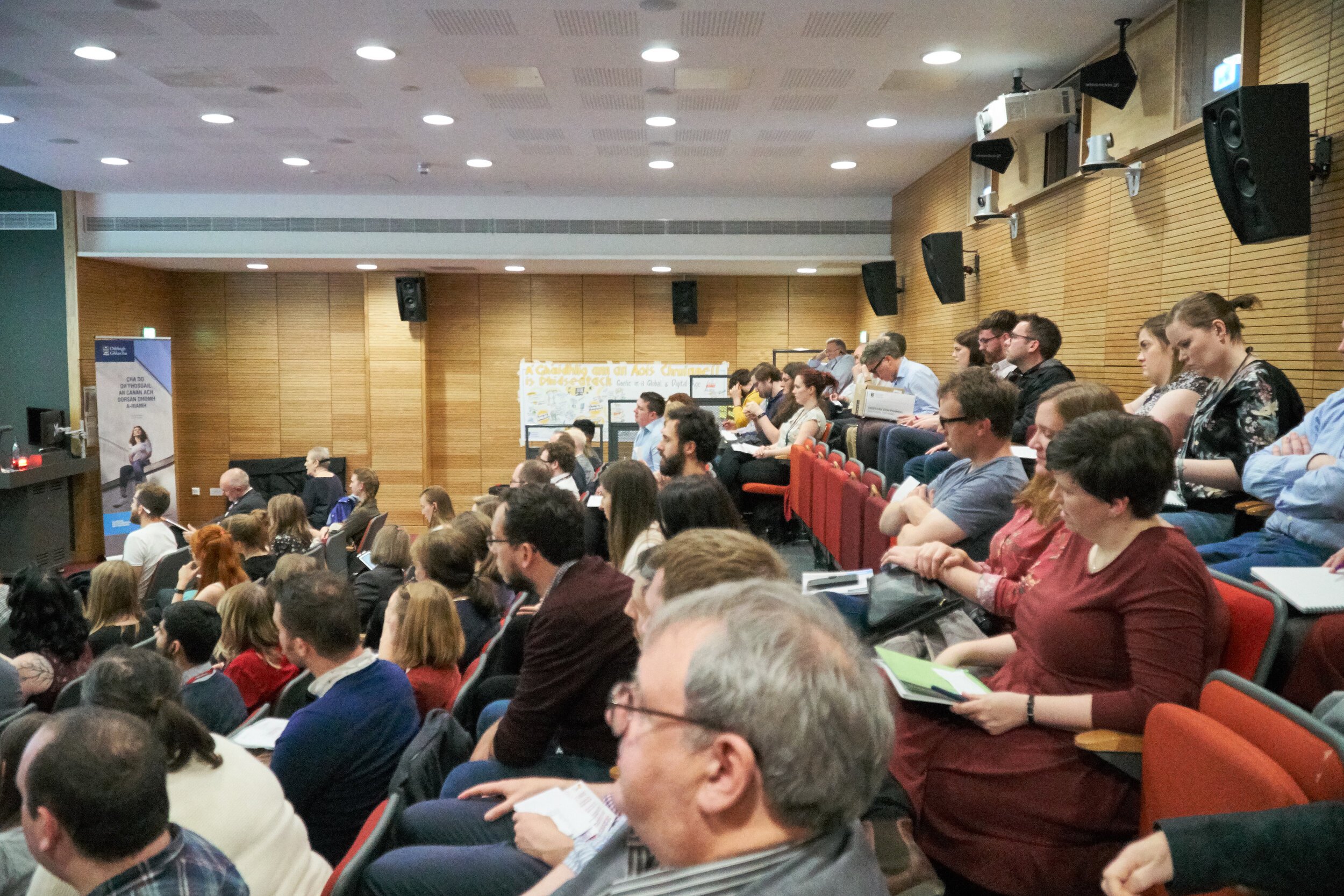
Upcoming Seminar
Scots language revitalisation:
exploring the roles and consequences
of language ideologies
Date: Tuesday 24 September 2024
Time: 9:20 am – 4:30 pm
Venue: University of Glasgow, Gilbert Scott Building, Room 134
This one-day workshop brings together academic, researchers, and stakeholders involved with
Scots and language revitalisation. The workshop will be an opportunity to have a constructive
discussion with academic and non-academic stakeholders on the concerns around the revitalisation
of Scots. Scots is often described as a sister language to English, with the latest censuses indicating
that approximately 30% of people living in Scotland report being Scots speakers. However, Scots is
not always seen as a language but rather as a “dialect” or “slang”, and therefore has limited official
use in formal contexts such as schools. However, as highlighted by various revitalisation contexts
(e.g. Scottish Gaelic, Welsh, Hawaiian), schools play a key role in language revitalisation. The goal
of the workshop is to discuss the role of language ideologies and their consequences on society as
a whole but also their impact in the case of the Scots language revitalisation. The workshop therefore
aims to address several key themes. (1) The notion of “Scots” “language” and how ideologies are
shaping people’s perceptions of these two terms. (2) Beliefs around language variation, change,
and standardisation. (3) The teaching of Scots and teaching in Scots in schools. Overall, the
workshop will lead to the exchange of ideas around the topic of language ideologies and to a better
understanding of the Scots sociolinguistic context.
Organiser
Louis Coeyman
l.coeyman.1@research.gla.ac.uk
Co-organisers
Prof Bernadette O’Rourke / Bernadette.ORourke@glasgow.ac.uk
Prof Joanna Kopaczyk / Joanna.Kopaczyk@glasgow.ac.uk
Prof Jennifer Smith / Jennifer.Smith@glasgow.ac.uk
Programme
9:30 Welcome, Introductions, and Overview of the day
Prof Bernadette O’Rourke & Prof Jennifer Smith
9:40 Scots language revitalisation: language ideologies, attitudes and beliefs
Louis Coeyman
10:00 Phil Reid (Oor Vyce)
10:30 Coffee Break
10:45 Data sharing and analysis – The notion of “Scots” “language”
Louis Coeyman
11:30 Bruce Eunson (Education Scotland)
12:00 Lunch
13:00 Data sharing and analysis – The teaching of Scots and teaching in Scots
Louis Coeyman
13:45 Dr Erin McNulty (University of Glasgow)
14:15 Coffee Break
14:30 Data sharing and analysis – Perceptions of language variation, change, and standardisation
Louis Coeyman
15:15 Final questions and discussions, Next steps, and Concluding remarks
16:00 End
N.B. Each speaker’s presentation is followed by a Q&A / Discussion
Symposium
New Directions in Minority Language Sociolinguistics
26 of October
Institute for Advanced Studies in the Humanities (IASH)
in collaboration with the University of Glasgow
On October 26th 2023, we will host a one-day event to share key findings from a British Academy funded project entitled “New Geographies of Language in Minority Language Sociolinguistics”. This project has sought to reframe minority language sociolinguistics epistemologically and methodologically by rethinking key assumptions and methods which have shaped the field.
The event will be hosted by Prof Bernadette O’Rourke at the Institute for Advanced Studies in the Humanities (IASH) in collaboration with the University of Glasgow.
A key aim at this one-day event will be to explore new directions in minority language sociolinguistics and to interrogate old and new assumptions around language, territory and nativeness in language revitalisation studies. An important focus of our discussion will be on examining the challenges that a post-structuralist position presents for policy makers and minority language advocates.
International experts will contribute to this discussion on the day as well as researchers from different parts of Europe, including policy makers and language planners.
One of the main questions which we will seek to address is: How do we use post-structuralist critique and theory in a way that is useful for the struggles of minority language speakers on the ground and policy responses to these struggles?
The programme can be found here.






